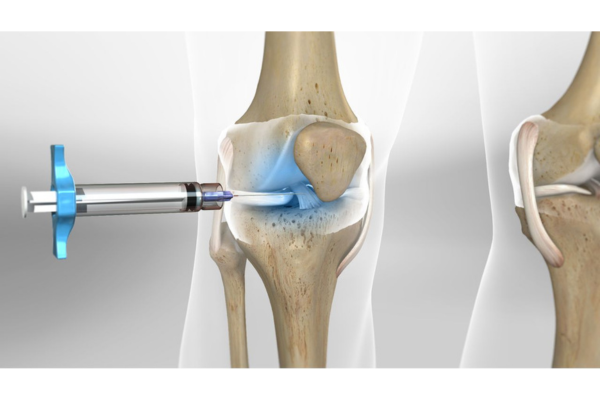3 Reasons to See a Doctor for Back Pain

Back pain is a common condition that affects millions of individuals worldwide. While many cases resolve with at-home care and rest, some instances require professional evaluation and treatment. Delaying a medical consultation can lead to prolonged discomfort and, in some cases, worsening conditions like a herniated disc. Here is more information on when it’s necessary to visit a doctor for back pain based on specific symptoms and scenarios:
Experiencing Persistent or Worsening Pain
Back pain often resolves within a few days to a few weeks with rest, gentle movement, and over-the-counter medications. Sometimes, though, the pain does not subside or gradually worsens. Persistent discomfort lasting more than two weeks may indicate a more significant underlying condition, such as a herniated disc.
A herniated disc occurs when the soft, gel-like center of a spinal disc pushes through its tougher exterior, potentially irritating nearby nerves. This condition often leads to chronic pain, especially in the lower back or neck. Early detection and treatment can reduce the risk of long-term complications.
If back pain intensifies instead of improving with time or rest, evaluation by a doctor becomes necessary. Progressively severe pain may signal issues like spinal infections, fractures, or degenerative disc disease. These conditions require targeted medical intervention to prevent further damage and enable proper function.
Identifying Accompanying Symptoms
Certain accompanying symptoms with back pain suggest the need for immediate medical attention. Numbness, tingling, or weakness in the arms, legs, or buttocks often occurs when spinal nerves become compressed. These symptoms can accompany conditions like sciatica or a herniated disc. Prompt medical care can address nerve compression and prevent permanent nerve damage.
Back pain accompanied by bladder or bowel dysfunction is another red flag. Loss of control over these functions may signify cauda equina syndrome, a rare but serious condition affecting the bundle of nerves at the base of the spinal cord. Cauda equina syndrome requires urgent surgical intervention to avoid severe complications.
Fever combined with back pain might indicate an underlying infection, such as a spinal or urinary tract infection. Similarly, unexplained weight loss paired with back pain could point to serious illnesses, including certain cancers or autoimmune diseases. These symptoms require thorough evaluation and diagnosis by a healthcare provider.
Exploring Injury History
If back pain follows a specific injury or trauma, such as a fall, car accident, or sports incident, consulting a doctor is highly advisable. Traumatic events can result in fractures, ligament damage, or spinal misalignment that may not be immediately evident. A medical evaluation can identify any structural damage and guide appropriate treatment.
Pre-existing medical conditions that affect the spine and musculoskeletal system may also increase the likelihood of complications when back pain arises. Osteoporosis, for instance, makes bones weaker and more susceptible to fractures. Individuals with a herniated disc, degenerative disc conditions, or previous spinal surgeries may experience symptom flare-ups that require medical strategies for pain management and recovery.
Get Treatment for a Herniated Disc
Back pain can often be managed effectively when addressed early, particularly in cases involving conditions like a herniated disc. Persistent discomfort, concerning symptoms, or injury-related pain all warrant a visit to a healthcare professional. Identifying and treating underlying causes promptly protects spinal health and prevents long-term complications. If your back pain persists or your symptoms match those outlined above, schedule an appointment with a doctor specializing in spine health. Early intervention can significantly improve recovery outcomes and overall quality of life.
- What to Expect When Visiting a Foot and Ankle Specialist
- Causes of PTSD
- The Link Between Plantar Fasciitis and Weight Gain: What You Need to Know
- How Pet Ownership Can Positively Impact Life with Fibromyalgia
- The Importance of Stretching and Flexibility in Sports Medicine
Dr. Emma Green is a health and wellness expert with over 10 years of experience in nutrition and fitness. Passionate about helping others live their healthiest lives, Dr. Green shares practical advice on wellness, nutrition, and sustainable living through LivingSpristine.






